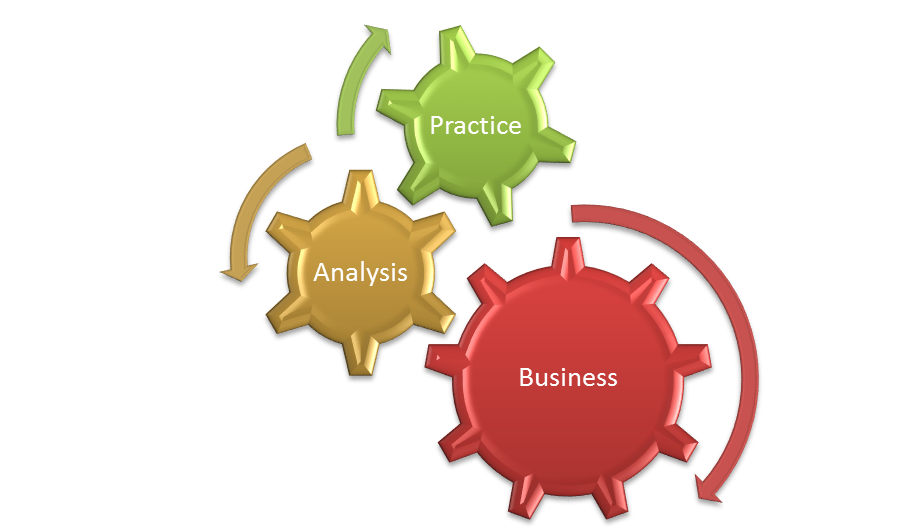Wrexham
Wrexham is the largest town located in the north of Wales and also an educational, commercial, administrative, commercial and retail centre. Wrexham is located between lower Dee valley alongside England border and Weish Mountains. Historically it is the part of Denbighshire, the town became part of Clwyd in 1974, and since 1996 it has been the centre of Wrexham County Borough. According to 2011 census, Wrexham had a population of 61,603 which made it a fourth largest urban area in Wales.
History
Council purchased Parciau in the year 1907, and it later turned into a Public Park. In 1910 first cinema in Wrexham was opened. The population of Wrexham continued to grow drastically. In 1901 population was 14,966 and by 1931 it reached 18,567. The population of Wrexham crossed 40,000 for the first time in the year 1981. First-time electricity was generated in the year 1900 in Wrexham. In 1907 electric trams replaced horse-drawn trams and in 1927 they were replaced by buses.
In 1913-1917 Garden Village was built in Wrexham. In the 1920s and 1930s Wrexham council started working for slum clearance. At that time new council house estate has been constructed at Action Park. Other council estates were built at Maes Y Dre and Spring Lodge in 1930s. In 1965 boundaries of Wrexham was extended. In the 1930s at Queens Park, council estate was built. Another was established at Bryn Offa. Action Park estate was extended in the 1960s.
In 1911 Gresford Collery was opened. An explosion and fire accident at Gresford Collery in 1934 killed 261 miners, and three rescuers also died. In late 20th century, traditional industries declined in Wrexham. Coal mining almost ended. Gresford Collary closed in 1973. In 1986 Bersham Collery was closed. New industries came into existence in Wrexham including Pharmaceuticals, engineering, chemicals, electronics and food processing. During Second World War, a big ordnance factory was built at Wrexham, and it was converted into industrial estate after 1945. In 1983 Bersham Heritage Centre was opened. In 1985 Maelor Hospital was opened. The swimming pool was constructed in 1970. In 1998 it was refurbished and renamed as Waterworld Leisure Complex. In 1999 two new shopping centres were opened in Wrexham named Henblas Square and Island Green. First Wrexham Science Festival was held in 1998. In the 21st century, Wrexham is still a developing city. In 2002 Border Retail Park was opened. In 2008 Meadow Shopping Centre was opened. Now Wrexham has a population of 43000.

 ENQUIRE
ENQUIRE
 REQUEST CALLBACK
REQUEST CALLBACK
 GET A FREE QUOTE
GET A FREE QUOTE


 Introduction
Introduction Course Details
Course Details Course Content
Course Content





 London
London